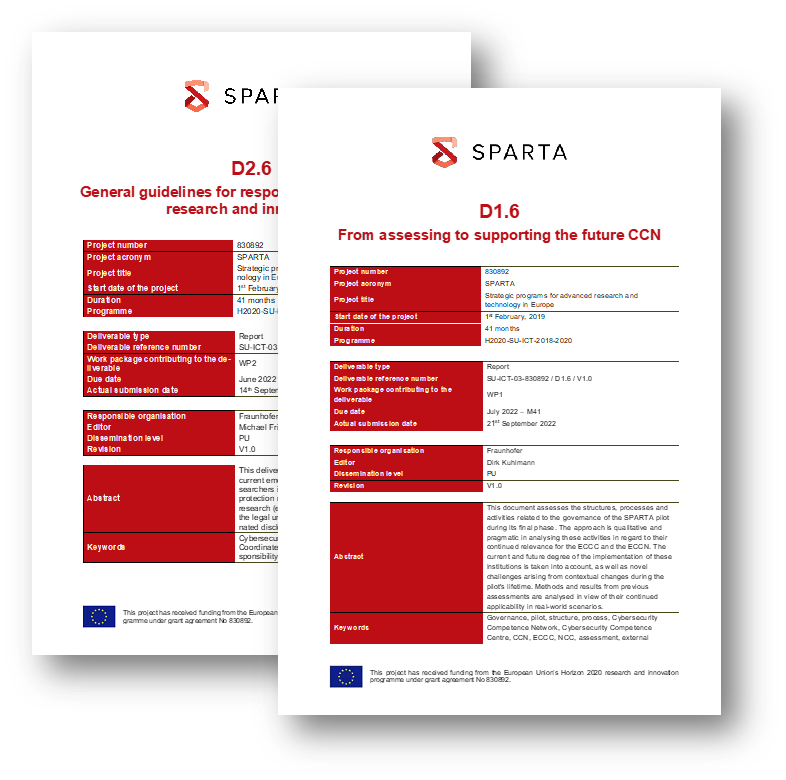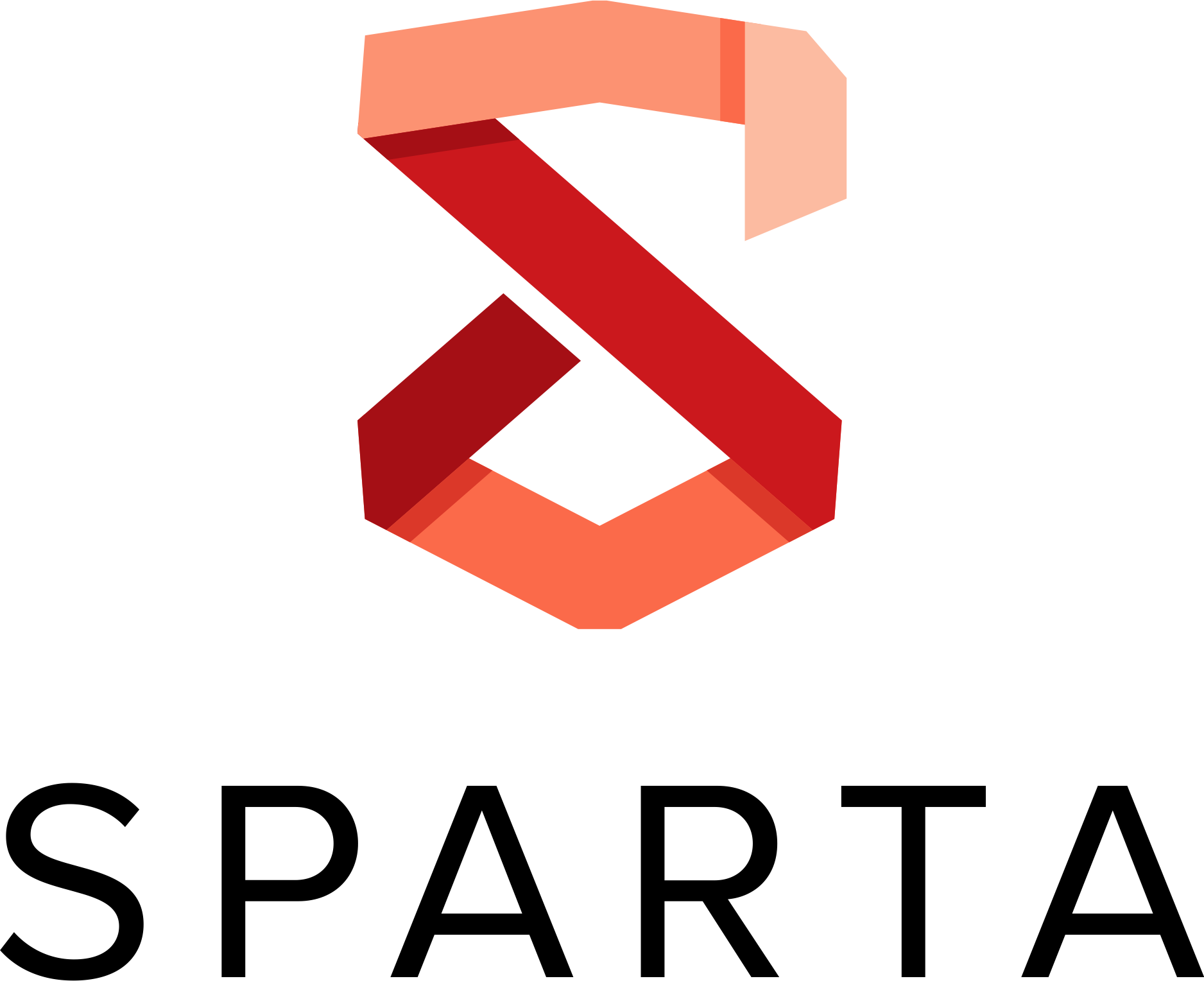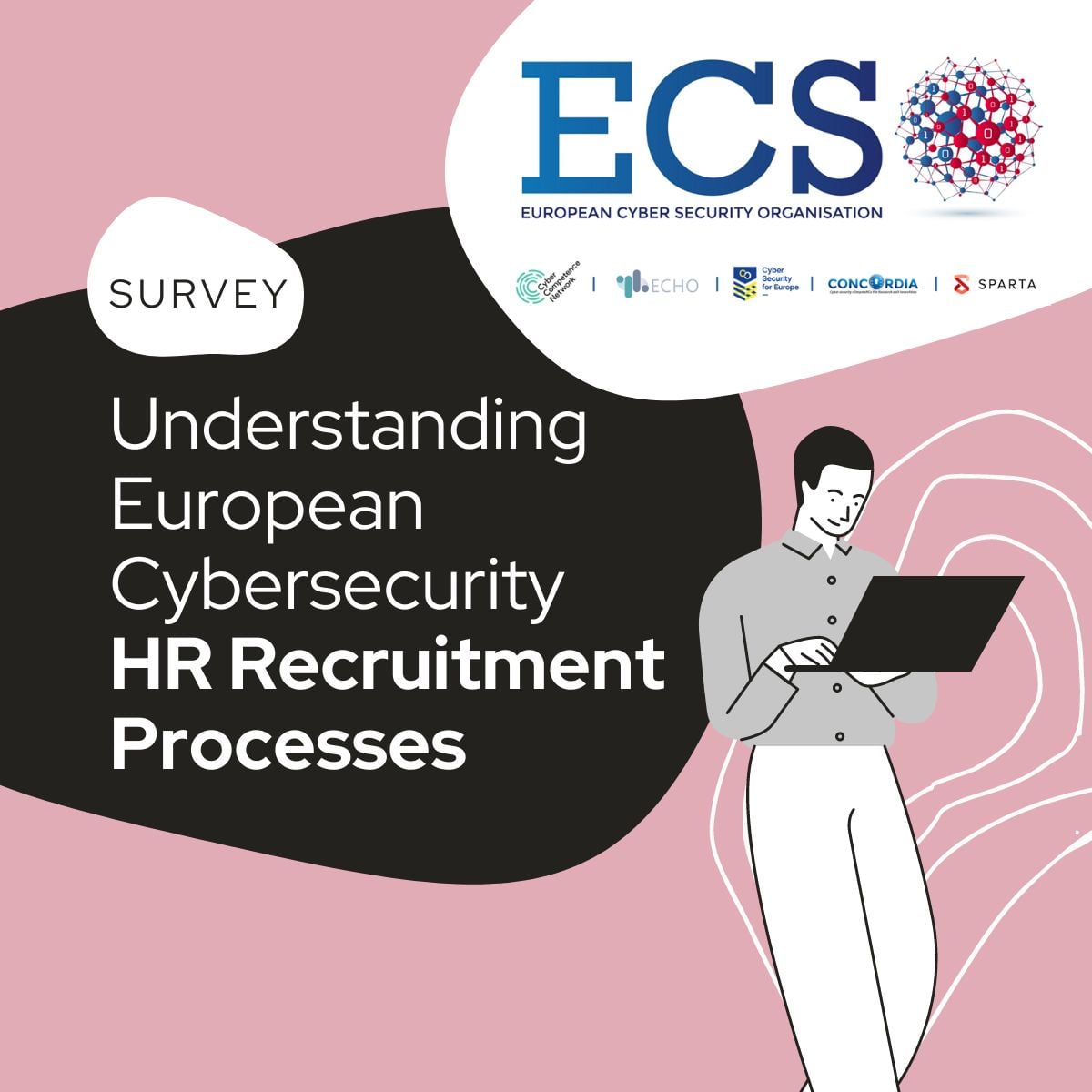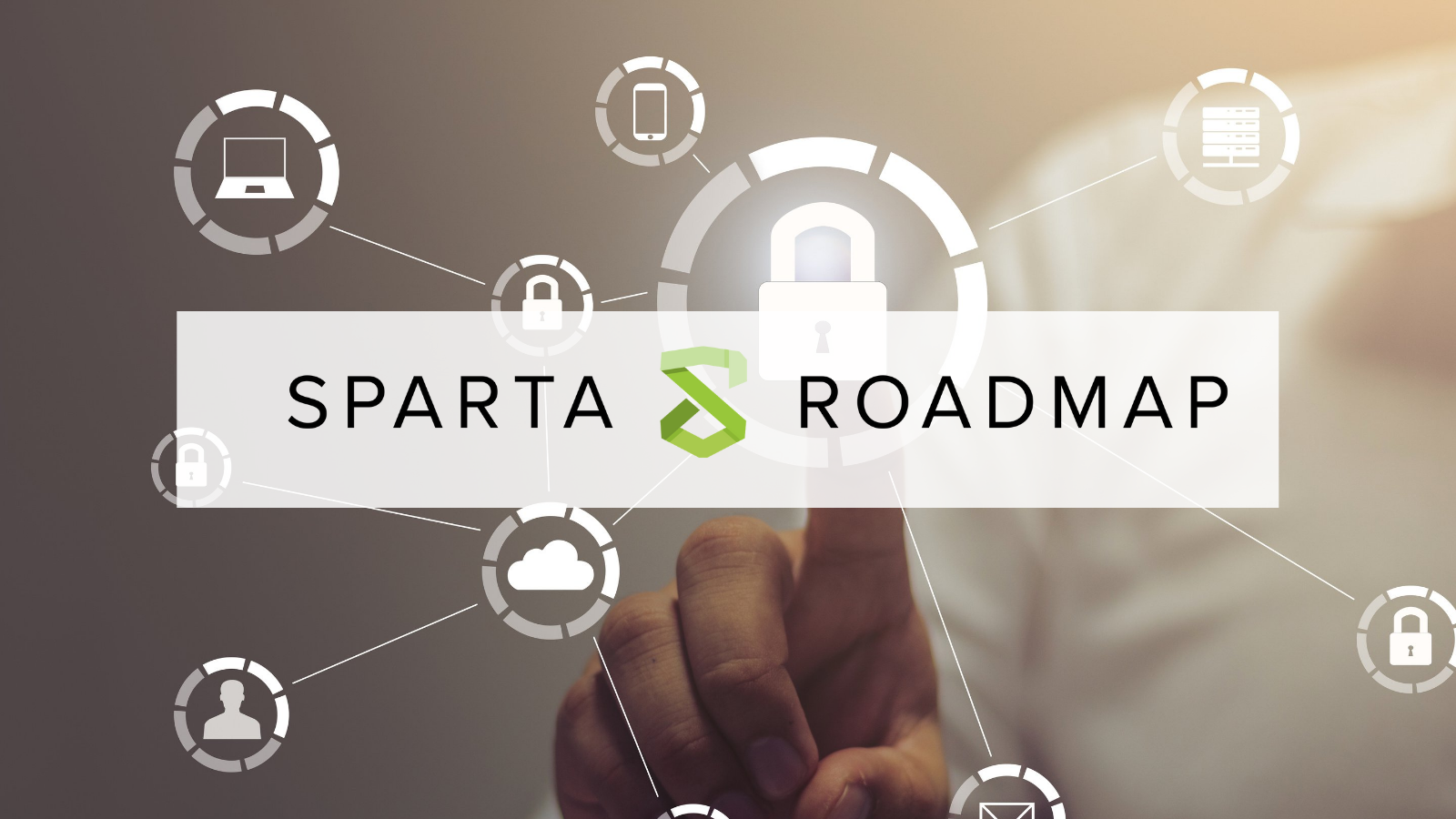La Reunion SMEs Go Gyber with SPARTA!
20th Jan 2022
The Go Gyber with SPARTA campaign discovered new avenues at La Reunion! SPARTA, in coolaboration with Digital Reunion, organised a cybersecurity training and awareness workshop to be deployed to SMEs based in La Reunion, working on the digital sector! Digital Reunion is an association that brings together market players, directly and indirectly, involved in the digital sector (companies, start-ups, groups, trade unions, institutions, training organizations, etc.), intending to participate in the creation of economic, legislative and competitive conditions essential to the proper development of the sector.
The workshop was held on the 16th and 17th of November and took place both virtually and physically between Nov 10th and Nov 25th. Topics included modern cryptography, privacy protection, system security, network security, awareness strategies and more!
More >>














